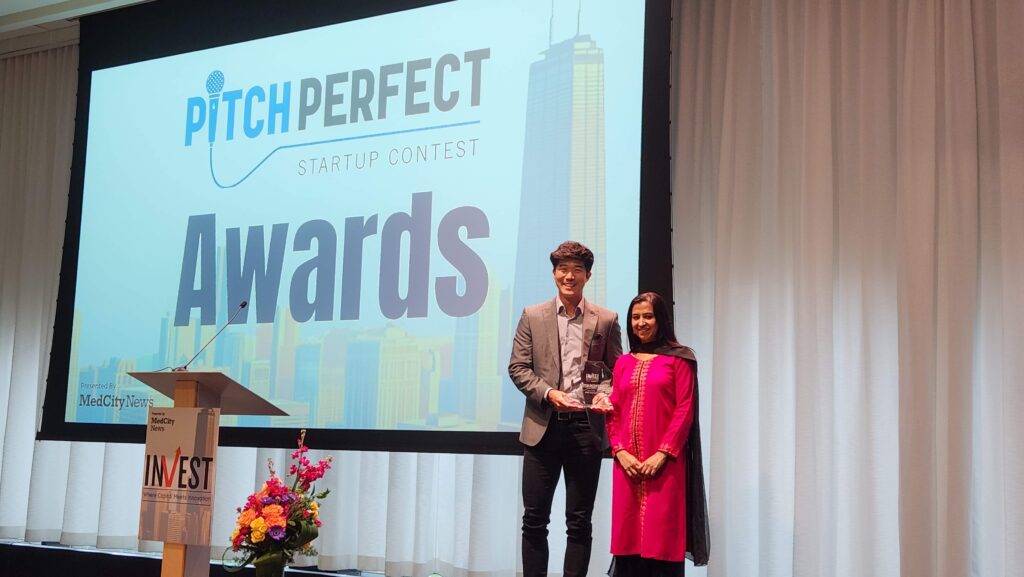
In the past decade, the healthcare industry has finally started to acknowledge the vital role of community health workers. For instance, about half of states now reimburse community health worker services through Medicaid, and Medicare added community health worker services to its physician fee schedule for the first time ever last year.
But without the right tools, community health workers are often unable to secure these new payments. This is because they’ve never been contracted with health plans, accepted referrals, submitted claims, or needed to meet the complex compliance requirements of the greater healthcare system.
A Los Angeles-based startup named Pear Suite is on a mission to solve this very problem. Two weeks ago, a panel of three venture capitalist judges crowned the company the winner of the payer/provider technology track of MedCity News’ INVEST Pitch Perfect contest, favoring it over five other startups in the space.
“Pear Suite turns community health workers into a scalable engine for value-based care — hitting the holy grail of healthcare: better outcomes, lower costs, broader access,” said Rohit Nuwal, partner at TELUS Global Ventures and one of the contest’s judges.
The U.S. contains about 4 million community health workers, and their labor is a key part of addressing social determinants of health like food security, housing and transportation, pointed out Colby Takeda, CEO of Pear Suite.
Takeda defines community health workers as frontline workers who act as a trusted liaison between communities and the healthcare system, helping people navigate care, access resources and address social needs. The workers tend to bring their lived experience to the table, which can make patients feel more comfortable interacting with the healthcare system, he explained.
“They’re the frontline public health superheroes that are addressing health and social challenges. Sometimes they’re called doulas, care coordinators, navigators or health advocates. They kind of go by many different names,” Takeda remarked.

The Power of One: Redefining Healthcare with an AI-Driven Unified Platform
In a landscape where complexity has long been the norm, the power of one lies not just in unification, but in intelligence and automation.
Pear Suite provides a software platform that helps community organizations track and manage their members’ needs and services, similarly to an EHR. The platform allows community organizations to collect and share data with health plans and hospitals, as well as submit claims for reimbursement. It also includes tools to streamline compliance, documentation and care plan review.
Since the platform’s launch in 2023, Pear Suite has built a nationwide provider network of more than 1,000 community health workers across 30 states, mostly coming from existing community organizations, Takeda noted.
“About 80% of our customers are also part of our provider group. So we have a provider network of these many community-based organizations that will partner with us to do work on behalf of or with health plans and health systems. Pear Suite is a provider in network with all these health plans, which means we can bill for services — just like any other telehealth provider or provider group,” he stated.
Takeda said Pear Suite can be thought of as “Uber for community health workers” — the startup isn’t hiring community health workers directly, but rather is empowering existing groups to operate at scale.
This model helps Pear Suite stand out from other startups focusing on community health work, he pointed out.
“Because we have that wraparound support through our provider network, we have not just the technology, but also have the ability to support [community health workers] with care navigation, compliance, claims and contracting — all the things that they need,” Takeda explained.
Overall, the company’s mission centers on elevating the role of community health workers, scaling community-rooted care and fostering collaboration across the healthcare sector, he declared.
The startup is currently raising its Series A round after snagging $4.2 million in seed funding.
Photo: Nick Fanion, Breaking Media








